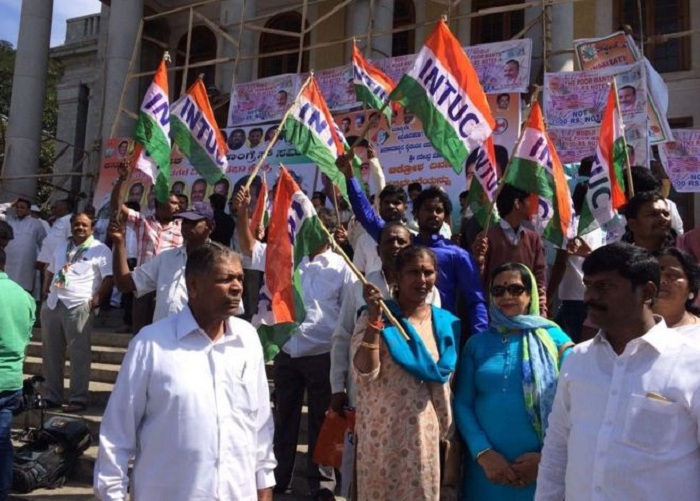There has been widespread disruption since Prime Minister Narendra Modi said in November that 500 and 1,000 rupee notes would no longer be legal.
The move as meant to curb corruption.
It has divided opinion, especially over how the ban was implemented.
Early last month the government scrapped the 500 and 1000 rupee notes to crack down on undeclared money and fake cash.
Deadlines for spending the notes or swapping them for new currency have already passed.
Some people, including those of Indian origin living abroad, will be able to exchange the notes in branches of India`s central bank until 31 March 2017 - but the process will be more complicated than going to a regular bank.
Parliament is preparing laws that will make it a criminal offence to hold the old notes from 1 April 2017 onwards.
Together the two notes represented 86% of the currency in circulation and there have been chaotic scenes in India ever since, with people having to spend hours queuing outside banks and cash machines which have been running out of money.
ATM queues and cash withdrawal limits mean getting currency can still be tricky, and there have been several changes of the rules around how much money people can access or deposit.
The government hopes the measures will encourage more people to have bank accounts and move towards a society less reliant on cash.
But there are concerns that many poorer people and those in rural areas have yet to get bank accounts.
Local firms which allow people to make digital payments both online and in shops have reported a surge in transactions as people look for cashless alternatives.
The government says the move has been a success with the banks flush with cash and significant increases in tax collection.
But critics argue the move has failed to root out corruption and unearth illegal cash, since most of the money in circulation has been put back into the financial system. Instead, they say, the economy which was growing at a rapid pace, has slowed down significantly.
More about:
















































